NP students become senator for a day
Students vote on legislation after debating and amending it as a group at the annual Senator for a Day program held this year at The Perkiomen School in Pennsburg, PA.
PENNSBURG- Friday at the Perkiomen School, NPHS students attended Senator for a Day, a student seminar in which participants experienced the process by which state Senators attempt to pass or defeat legislation. After a discussion on how the legislative process works, students swore into office and split off into one of five committees: Aging and Youth, Education, Environmental Resources and Energy, Public Health and Welfare, or Transportation. Each committee was given two bills in which students discussed, amended, and voted on. Then, students reconvened to debate and on vote on the legislation passed by each committee.
Brian Haley, North Penn High School Social Studies teacher, who has been taking students to Senator for a Day for 14 years, recalled the common occurrences he sees students experience year after year.
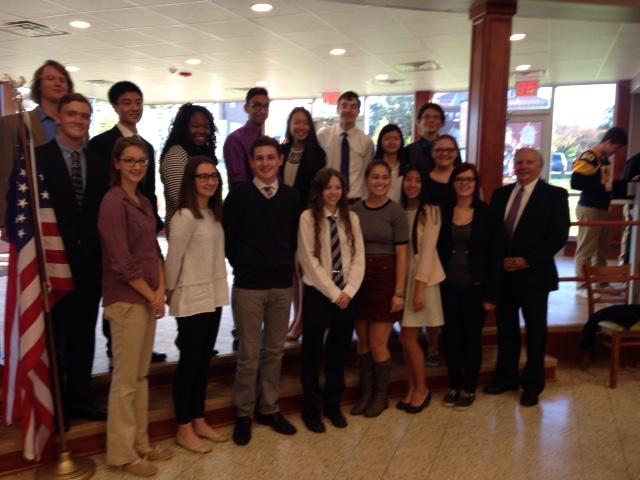
“One of my favorite parts of Senator for a Day is how excited the students are to try to make laws and change policies” said Haley. “The bus ride up to the program is filled with eager and excited students talking about why their bills are good or bad and what they are going to do about these issues. They feel like they can save the world. Then they go through the program and learn how the legislative process actually works. As they day goes on, the students start to realize that our political system is very complex and inefficient. You cannot just get 50 Senators to agree with what you think is common sense. There are so many factors that go into whether a Senator or Representative will vote yes or no on a bill. The students learn the important, real world role that Lobbyists play in the law making process also. When the day is over, many students are frustrated and unhappy that their ideas were not passed by their fellow student Senators.”
Bob Mensch, a Pennsylvania state Senator who has been hosting Senator for a Day for 6 years, described what it is like to be a Senator.
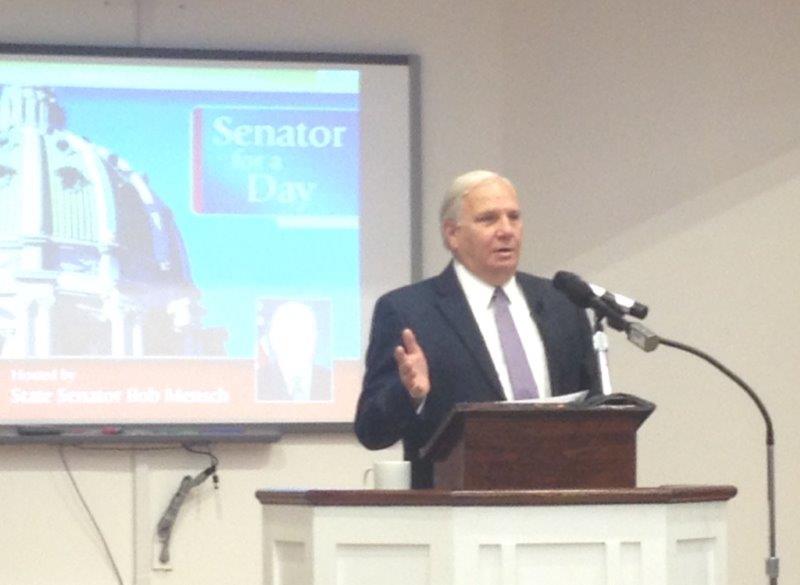
“It can be very frustrating” said Mensch. “In government you’re hardly ever the sole decision maker.”
Mensch emphasized the importance of not only standing up for bills that one believes are beneficial but also opposing bills that may do more harm than good. Students experienced these elements of being a Senator first hand during the program as David Shelly, a member of the Youth and Aging Committee, described.
“There were elements of frustration… Convincing people who have a different worldview than you can be a difficult task.” Shelly said.
Shelly’s committee considered a bill that would require minors to receive parental consent in order to join online social networks, which Shelly opposed, and a bill that would require ID for voter registration, which Shelly planned to amend. Shelly described how the bill pertaining to parental consent for social networking was not passed.
“We organized ourselves into those who were promoting the bill and those who were opposed to the bill. The people who were for the bill were going through different amendments trying to make it more palatable to those of us who were opposed, but in the end, we decided that we would not adopt the bill” Shelly said.
As for the bill pertaining to voter registration, Shelly was able to gain support for his amendment, which would automatically register citizens to vote.
“It was a bipartisan compromise. Senators from across the aisle saw value in creating automatic registration and its intended impact on voter turnout” Shelly said. “When politicians make an effort to reach across the aisle, common sense laws are possible to pass.”
Of course, passing legislation in Congress is easier said than done, as Haley noted.
“It is important for young Americans to understand how the legislative process works. We often get frustrated that Congress does nothing and takes too long to deal with problems… American citizens should know that the system is built this way for a purpose. Madison and the Boys did this on purpose.” Haley said.
Shelly further elaborated on why the founding fathers set up the system to be a slow, inefficient process.
“Legislation is difficult to pass for a reason. It’s how the founding fathers designed this country because radical change is not necessarily a good thing” said Shelly. Overall, Shelly was glad that he was able to experience what it is like to be a Senator for a day.
“There was never a dull moment. From start to finish the day was fun” said Shelly.
Grace Shinners, who was on the Environmental Resources and Energy Committee, also enjoyed the event.
“I learned a lot about the nature of the political process and the importance of examining all aspects of an issue. I really enjoyed cooperating with other concerned students and hearing their points of view.” Shinners said. “It is important for all students to understand our political system, not just those interested in politics. So I would say that if you ever get an opportunity like Senator for a Day, definitely take it.”


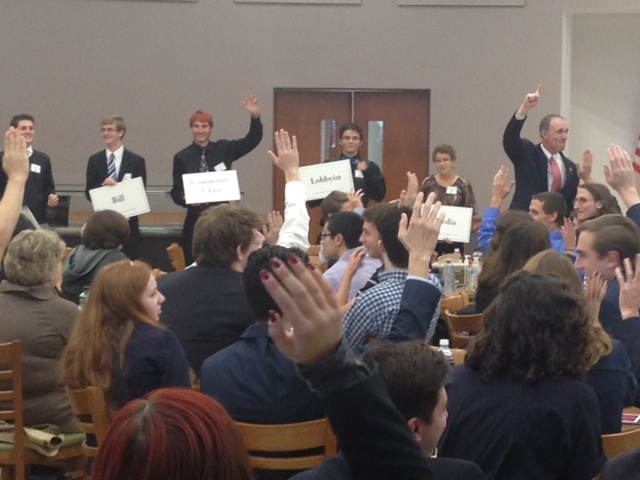
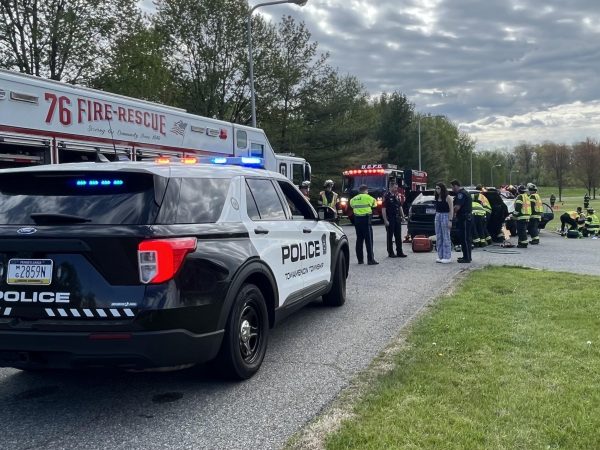
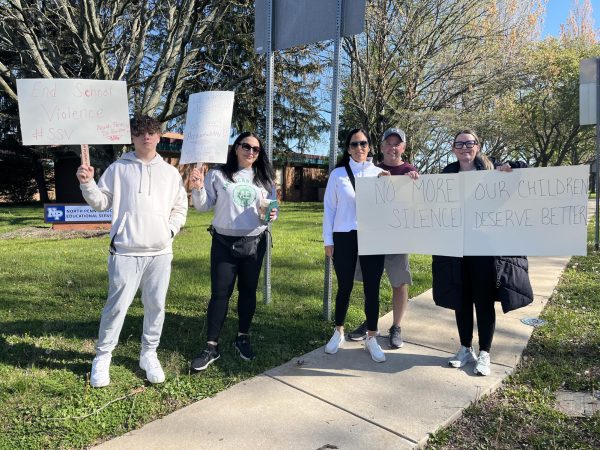
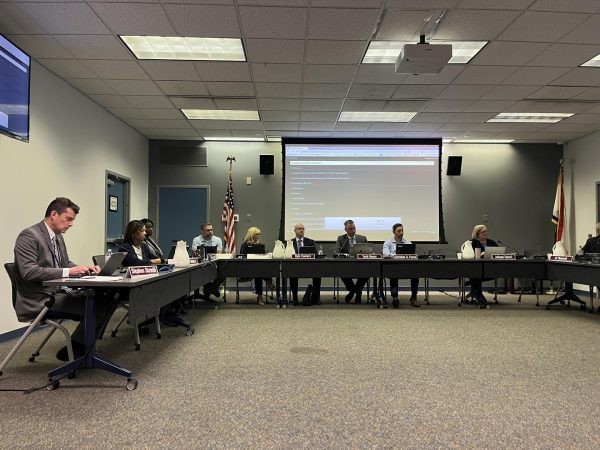
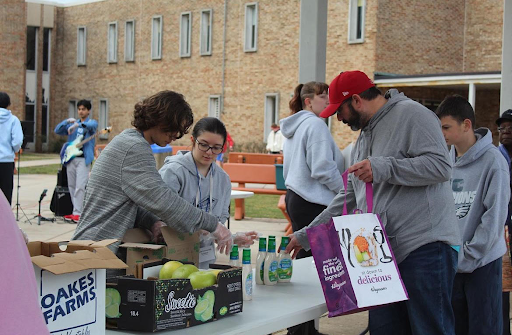

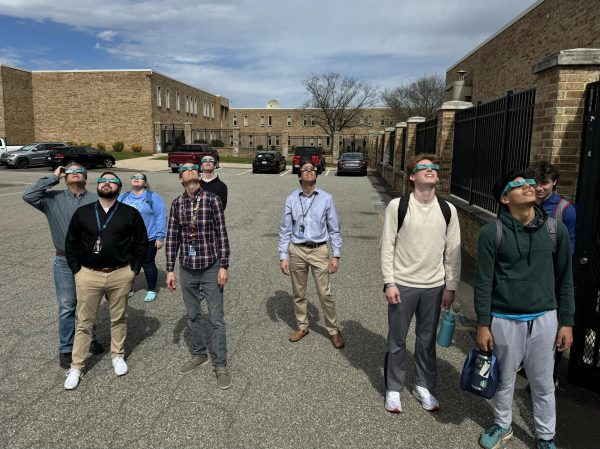

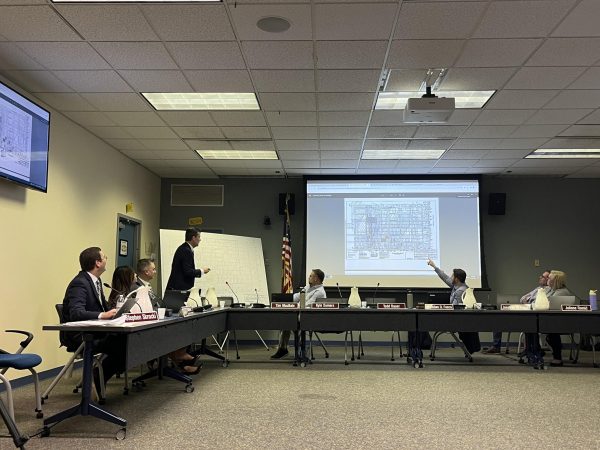
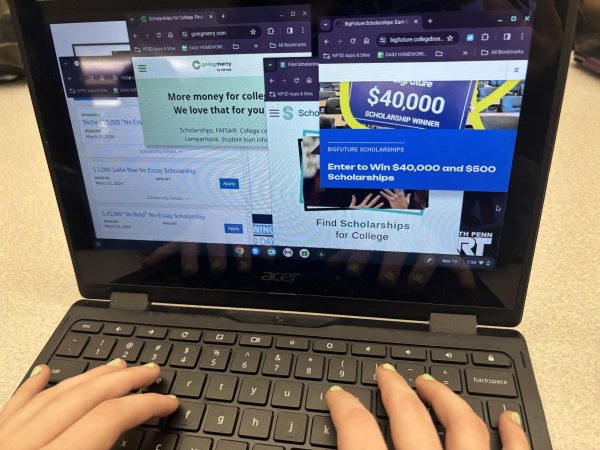
Dr. Hall • Oct 17, 2016 at 1:38 pm
What a great experience for our kids. Thank you, Mr. Haley for your dedication to their civic education.